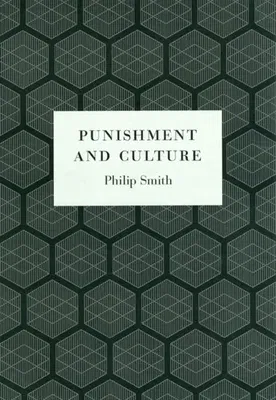From the chain gang to the electric chair, the problem of how to deal
with criminals has long been debated. What explains this concern with
getting punishment right? And why do attitudes toward particular
punishments change radically over time? In addressing these questions,
Philip Smith attacks the comfortable myth that punishment is about
justice, reason, and law. Instead he argues that punishment is an
essentially irrational act founded in ritual as a means to control evil
without creating more of it in the process.
Punishment and Culture traces three centuries of the history of
punishment, looking in detail at issues ranging from public executions
and the development of the prison to Jeremy Bentham's notorious
panopticon and the invention of the guillotine. Smith contends that each
of these attempts to achieve sterile bureaucratic control was thwarted
as uncontrollable cultural forces generated alternative visions of
heroic villains, darkly gothic technologies, and sacred awe. Moving from
Andy Warhol to eighteenth-century highwaymen to Orwell's 1984, Smith
puts forward a dazzling account of the cultural landscape of punishment.
His findings will fascinate students of sociology, history, criminology,
law, and cultural studies.

